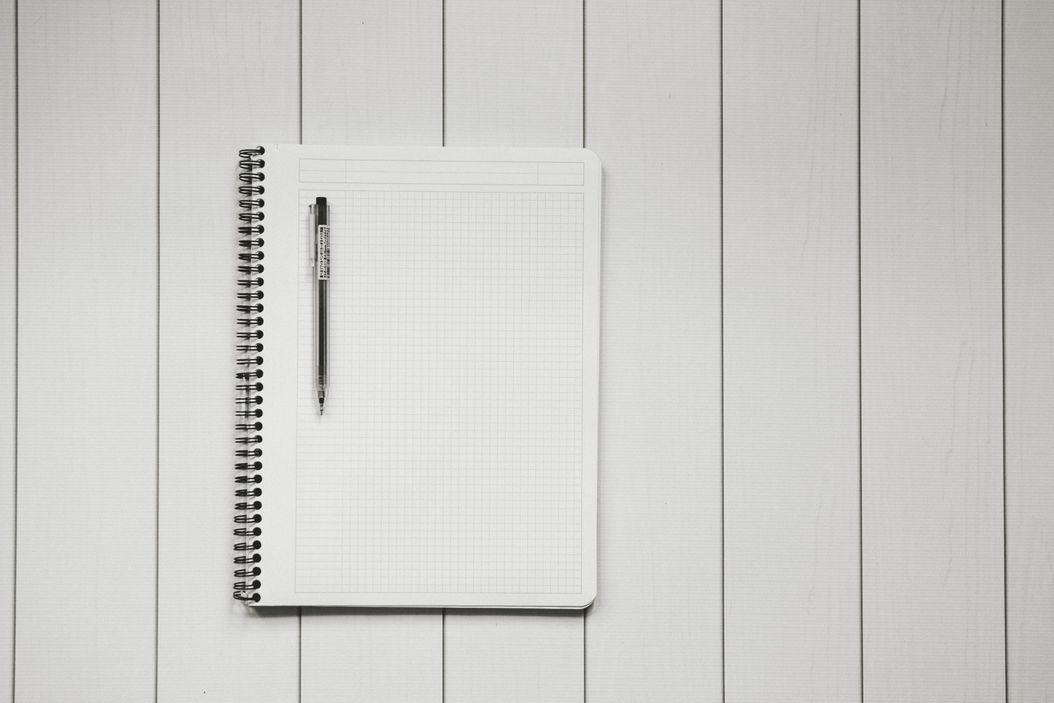As a social experiment, 100 girls in my college sorority took a personality test. This is how I discovered all three of my roommates were introverts. I was and still am an extrovert. I also realized why I felt like I fit in with the group– it was majority extroverts. This was a lightbulb moment. I now understood why my roommates liked to be in their bedrooms while I’d be hanging out in the living room (by myself) or at other friend’s houses. I misunderstood their preferences. The relationships in my life started to make more sense. My roommates liked to recharge alone whereas I preferred recharging with them.
The name of this personality test is the Myers Briggs self-assessment. I found it valuable through making sense of why people think and act the way that they do: where someone gets their energy from, how they process information, how they make decisions, and how they organize the world. It leads to self-discovery and a common language for understanding. I will explain further why I encourage you to take it.
What is the Myer Briggs?
It is a tool that helps discover your personality. A personality is a combination of characteristics that form an individual’s distinctive character. It took me about 20 minutes to complete the 93 questions. Each of the questions had a binary forcing function. This means it makes your answers either black or white without a grey area. It concludes with a report that places you in one of sixteen possible four-letter combinations of the traits.
The four dichotomous categories:
-
Extraversion vs. Introversion
-
Intuitive vs. Sensing
-
Thinker vs. Feeler
-
Judging vs. Perceiving
For me, I retook the test yesterday, which resulted in ENFP-T. This means my preferences are extraverted, intuitive, feeling, and perceiving.
I had previously taken a psychology course in high school, but this test crystallized so much more than I took away from that class. It gave me a foundational understanding of what my tendencies are. It acted as a starting point to my psychology while providing terms and language.
Why does this test matter?
Humans are social animals. Through understanding the range of different personality traits, it prepares us to make sense of the diversity we inevitably encounter. Thus it helps us to build relationships closer while noticing tendencies.
For instance, if someone knew my MBTI as ENFP, they could infer my preferences are that:
-
I get energized by other people and like thinking out loud.
-
I process information more abstractly, so topics of conversation for me are idealistic, big-picture-oriented, and less detail-oriented.
-
When making decisions I seek relational harmony and get guided more by my emotions than logic.
-
The way I organize the world is by keeping my options open, being adaptable, and flexible with my plans.
The test results create a language for displaying traits of oneself to others.
Is it hardwired?
In terms of being raised a certain way in a certain country, according to the World Economic Forum, “Although genetics certainly matter, the way you behave isn’t hardwired.” Over the past two decades, researchers have shown how culture can shape your personality. In 2005, psychologist Robert McCrae and his colleagues were able to document pronounced differences in the personalities of people living in different parts of the world. For example, adults from European cultures tended to be more outgoing and open to new experiences than those from Asian cultures. Within Europe, they found that people from Northern Europe were more conscientious than their peers in Southern Europe.
Because where you live shapes who you are, I wanted to acknowledge my environment shift over the past several months. I thought for sure that since the COVID-19 quarantine that my results would have shifted to show that I am becoming more introverted. I was wrong.
How was the test created?
It began with a mother and a daughter in the United States in the early-mid-20th century. Katharine Cook Briggs was curious about the Isabel Briggs Myers’s future husband, Clarence Myers. Katharine had noticed that Clarence had a different way of seeing the world, which intrigued her to start a literature review. She wanted to understand different temperaments. She found the English translation in 1923 that Carl Jung published on Psychological Types and saw similarities between their ideas. Jung’s theories of personal differences were much more developed. Briggs and Myers thought Jung’s work was so useful that they wanted to make his ideas accessible to a wider audience. Thus, they created the widely used test.
The science behind it is quite hesitant.
What do subject matter experts say?
Adam Grant is an organizational psychologist and a professor at Wharton; during an episode of his podcast, he mentions ambivert personality. This is someone who is extroverted and introverted. They can be the life of the party or be in the back of the room asking questions and listening. A self-chameleon he defines as someone who changes color to the environment and atmosphere; they know how to act at a funeral or while at a party. They adapt their outlook depending on what the situation is. “We need to get out of our comfort zone and figure out where our regular fissioning is so that we can re-charge— find our restorative niche to reorient.” This means to self-monitor. Along with experiences different narratives and stories shift along the way of your life. Grant concludes revealing, “your personality matters but your ability to adapt matters more”.
Though some don’t believe personality tests matter. Annie Murphy Paul, the author of The Cult of Personality Testing, conveys the disturbing consequences of the tests. They include children are being labeled in limiting ways. Businesses making ill-informed decisions about hiring and firing all while wasting hundreds of millions of dollars every year. Job seekers getting zero privacy rights.
Mark Manson is a New York Times best selling author for self-help, and his views on MBTI are that it is not useless; it is a tool though not to be taken too seriously. “I’ve tried to get away with labeling myself with this stuff too much. The appeal of it is the same appeal of horoscopes: you feel as though you’re gaining special/secret knowledge about yourself when really you’re just imagining stuff that makes you feel good. There’s also a danger in defining ourselves too strictly. If I decide I am extraverted, but something in my life changes to where I want to be alone more, I may spend years judging myself or experiencing guilt or shame.”
There are countless opinions on these evaluations, and I encourage you to make up your own stance. Here is the link to the free version. See it as an instrument to uncover something new on your journey of self-development.
The Myers Briggs is the most popular personality test in the world and that is not an accident. I’ve found it valuable. It helped me save friendships with roommates I didn’t understand. These results support the exploration of who you are. As Isabel Briggs Myers, the creator of MBTI has said, “It is up to each person to recognize his or her true preferences.”



